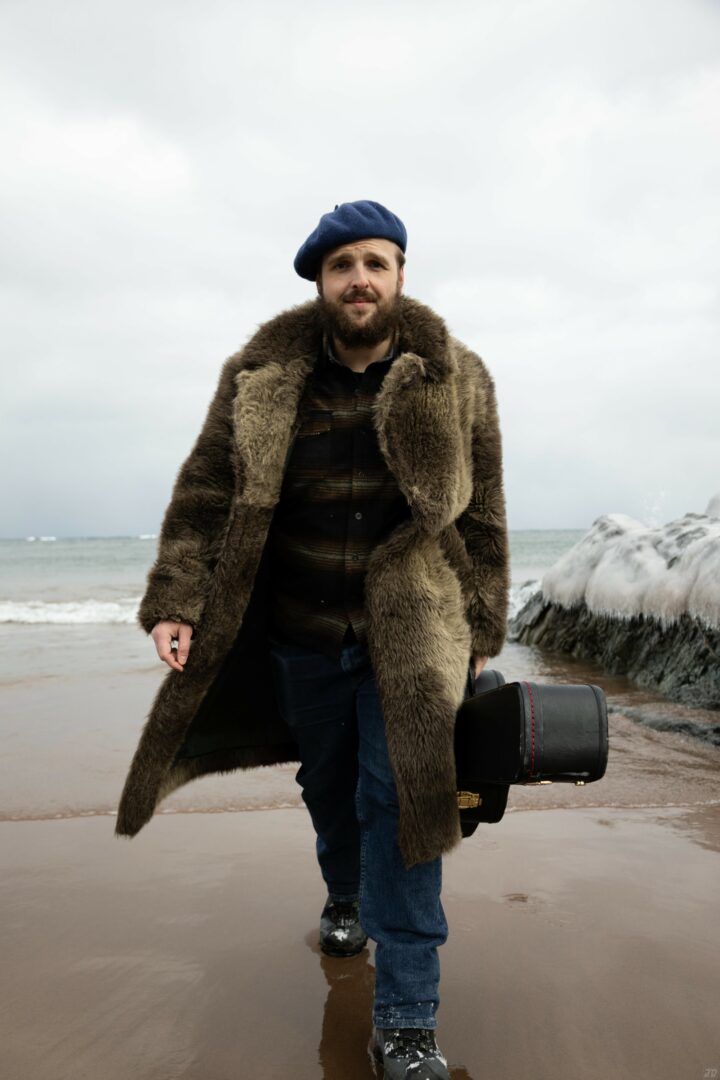We’re excited to introduce you to the always interesting and insightful Noah Bauer. We hope you’ll enjoy our conversation with Noah below.
Noah, appreciate you making time for us and sharing your wisdom with the community. So many of us go through similar pain points throughout our journeys and so hearing about how others overcame obstacles can be helpful. One of those struggles is keeping creativity alive despite all the stresses, challenges and problems we might be dealing with. How do you keep your creativity alive?
Variation is the key to keeping my creativity alive. If I’m doing the same musical styles, techniques, and patterns routinely, I tend to get very bored and uninspired. It makes me feel like I’ve hit a plateau musically and am neither growing nor creating anything of interest. To counter this, I’ve taken to a policy of always branching out. I try to learn as many different styles and techniques as possible, and to keep expanding on my knowledge of chord progressions, key changes, rhythms, and harmonic possibilities, so that there’s a larger pool of creativity to pull from. If I get bored doing folky stuff for example, I might try writing a strictly jazz song, like I did with my song “Any Time”. That song also came about how it did, because I had hit a wall on chordal possibilities and decided to explore further into time signatures and rhythms to come up with something fresh (and to branch out from my usual creation process). I had always just come up with rhythm by feel in the past, so it was often common time signatures that I instinctually used, but for that song, I intentionally used multiple uncommon time signatures, mixed meter sections, and tried to use as many different time signatures as I could fit in one song. The end result was drastically different than anything I had ever written before compositionally. Since the timing was so specific in the song, I also had to write the lyrics with heavy regard to syllable counts (which I normally do by feel as well), and had lots of asymmetrical lines to figure out since there were so many different time signatures used. So the intended shuffling of my creative process musically ended up bringing on an unintended shuffling of the creative process lyrically. Both helped me to step outside routine and formulaic approach, which I feel are the death of an artist in regards to the creative process.
If I get bored of doing individual genres, I often will take techniques from certain genres and apply them to other ones. For my song “Lunitidal Interval”, I used a rhythmic technique that was inspired by classical guitarists’ tremolo method and by Spanish flamenco rhythms applied to a chord progression that had a jazz or gypsy jazz feel. Always reaching for new methods and exploring into new realms allows for skill plateaus and creative burnouts to be circumvented. This method also lends itself to creations being much more unique, as the whole becomes greater than the sum of its parts. A musician who only listens to and plays blues will likely create music that is very par for course within the blues, but a musician who is informed by a multitude of genres will be much more likely to create a musical blend that is genuinely novel. Another tactic is to do different genres for different sections of songs. In “Song for a Sunflower”, I used folk for the main portions of the song, then stitched in a jazz bridge after the first two choruses. A side benefit of this process is that one becomes a musical chameleon with the ability to adapt their sound to the environment, so as to resonate with a wider audience base and pair well at more venues and events.
My other big means of keeping my creativity alive is that I am a multi-instrumentalist. Each instrument has its own feel and creative flow, and on each instrument I have different skills, knowledge, capabilities, techniques, and stylistic preferences. If I’m feeling uninspired on guitar, I can switch over to piano and sometimes receives more fulfilling results. Often times, after spending time in a different creative environment of another instrument, I come back to the one I was having issues on with the creative block gone. Looking at the guitar through the lens of a pianist or drummer will turn your conventional approach to guitar on its head. It’s all as the old adage goes, variety is the spice of life.
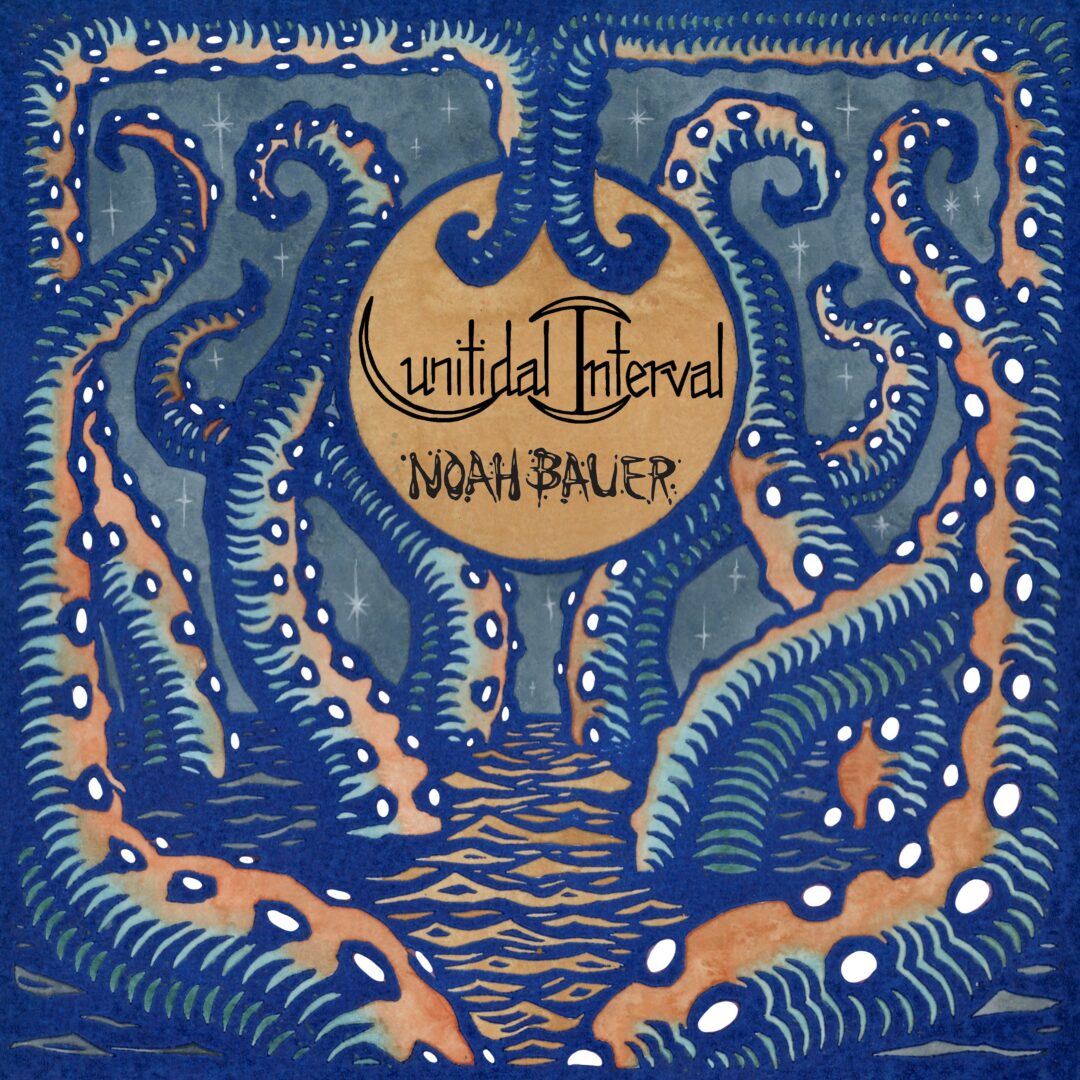
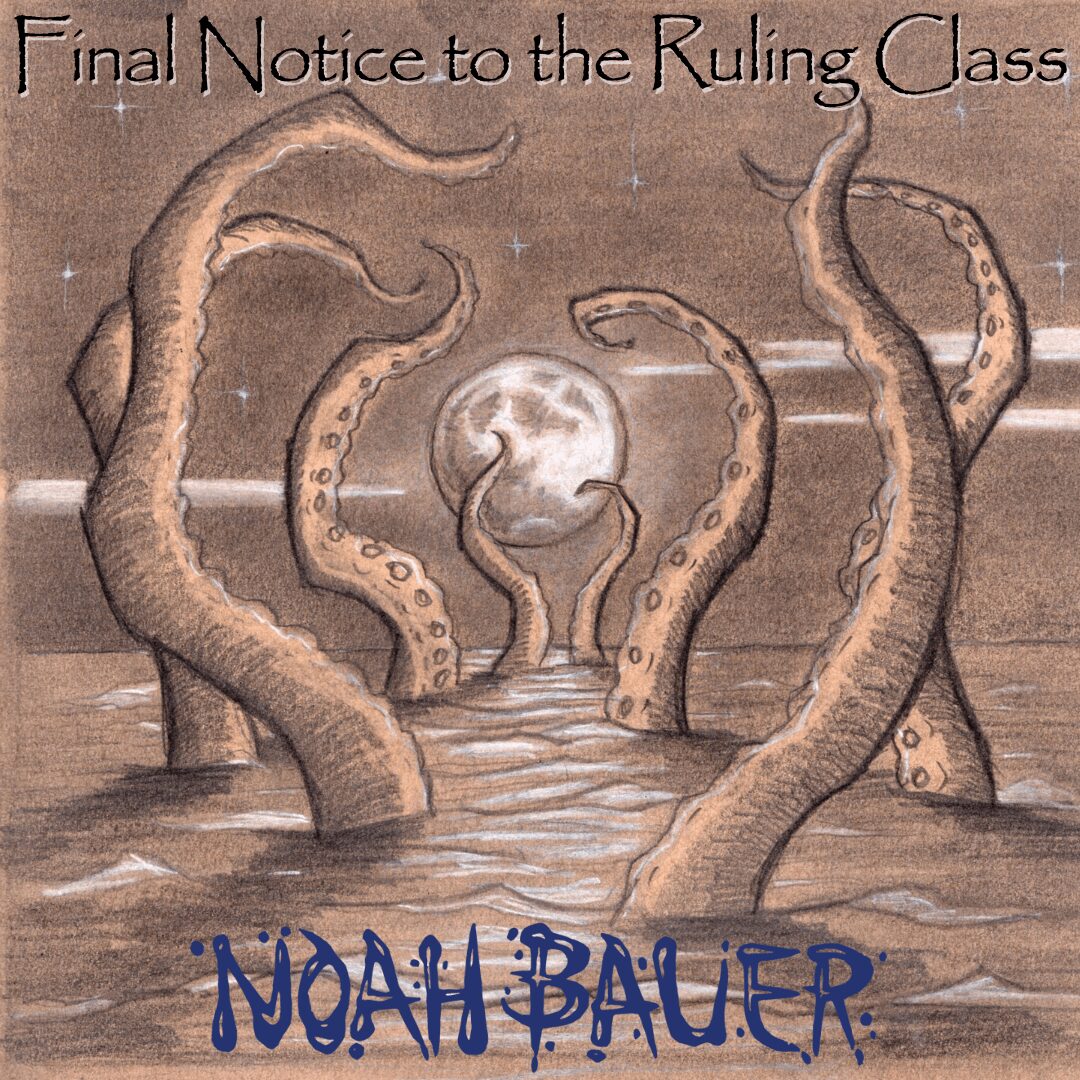
Thanks for sharing that. So, before we get any further into our conversation, can you tell our readers a bit about yourself and what you’re working on?
As the sole member of my music business, I wear a lot of hats. I am the songwriter, musician, roadie, sound tech, manager, booking agent, graphic designer, social media promoter, salesman, customer service representative, accountant, etc. There’s a growing list of components to keep things moving, yet I had no experience with most of these roles before I started to do music professionally. I’ve had to learn as I go through trial and error as I try to keep up with the various business needs. Aside from these primary functions, I also teach private music lessons and host a weekly open mic night at Superior Culture, a kombucha brewery in Marquette, MI. For me, the most exciting part of what I do is writing new songs that I fall in love with, improvising at concerts, jamming with other musicians, and connecting with audiences. Those are the things that make me feel the most fulfilled as a human.
What I’d like like folks to know is that I am available for hire for both public and private events. I can play at venues, bars, breweries, restaurants, but also at weddings, graduation parties, birthdays, etc. My rate is relative to distance. I can perform a great deal of genres, and on either piano or guitar, so I can fit to the occasion if the host has any preferences of genre or instrument. I’m also happy to learn songs for an event if desired. I have a repertoire of approximately a thousand covers of many genres to pull from, as well as many original songs, and change my setlists every concert so that I never play the same show twice. Those coupled with lots of improvisation keeps things more interesting for both me and audiences. I can either tailor music to be the exciting main attraction or to be atmospheric ambience, depending on which is called for.
Another thing I’d like to mention is that I just released my debut album “Lunitidal Interval”. It is available on most streaming platforms, including Spotify, Apple Music, and Bandcamp. I have CDs, T shirts, stickers, and digital downloads available for order as well. The CDs are full of original art by talented local artists and have a 12 page lyrics booklet in them for poetry fans. The T shirts are 100% heavyweight cotton and are hand-pressed using woodblock carvings made by the talented artist, Bradley Blair. I am also available for commission if anyone would like to have a song written about a certain topic or as a gift for someone.
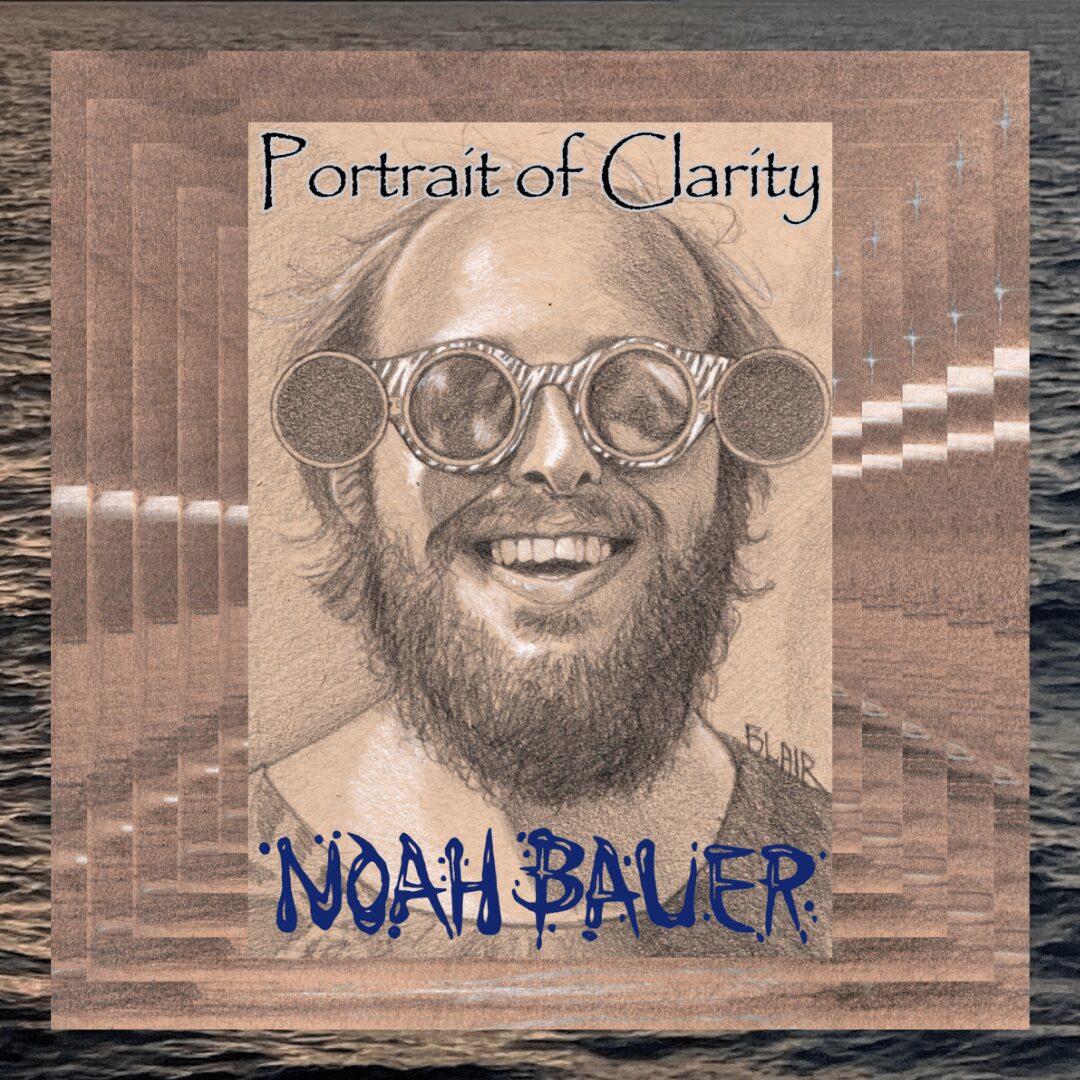
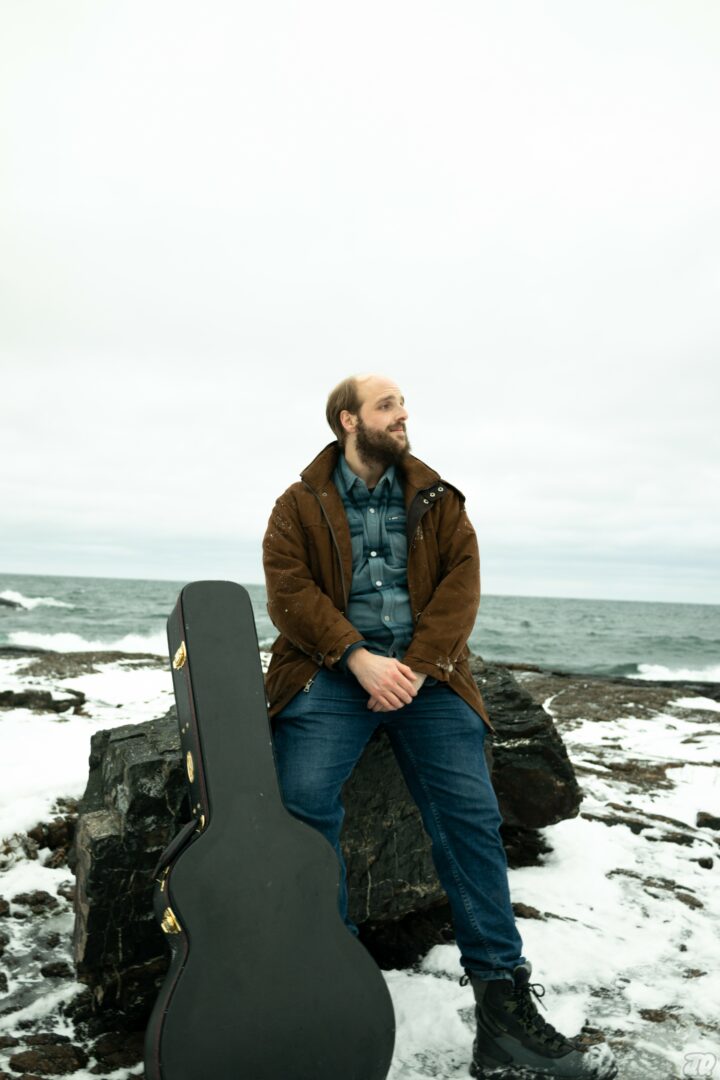
There is so much advice out there about all the different skills and qualities folks need to develop in order to succeed in today’s highly competitive environment and often it can feel overwhelming. So, if we had to break it down to just the three that matter most, which three skills or qualities would you focus on?
Resilience is the most important skill to have as an independent musician. Many venues won’t respond to your messages or booking inquiries, many songwriting projects will seem unfruitful and never-ending, and many concerts will have an audience turnout that is far lower than hoped. Many times it’ll even seem that you’ll go bankrupt and that your whole career is on the brink of collapse. The only way to keep things going is to never accept defeat. Keep reaching out to those venues and find more to contact until you get more bookings (try different approaches as well), keep tweaking and experimenting with songwriting projects until they feel finished and original, and keep playing live shows, honing your abilities, and expanding your repertoire until more and more people start to seek out your concerts. Doing music isn’t for the faint of heart, and it’s not as easy or glamorous as people imagine, but results can be achieved eventually through determined resilience. The only way to learn this skill is from direct exposure. It takes trying and failing many times until a thicker skin is grown to persevere against all obstacles and setbacks.
Communication skills are another essential facet of doing a career in music. Lyricism requires taking words and figuring out how to weave them together into a thing of beauty. They don’t always need to be understood, but they need to flow well, harmonize tonally, and evoke both emotion and an air of originality to be successful linguistic sculptures. The dialogue and manner in which you engage with audiences during concerts can also make or break what their impression will be of you and your music. Aside from writing lyrics and bantering for audiences, being able to speak and write both professionally and personably goes a long way with music booking, rate negotiations, and client relations. Music is a hyper-public profession, so it requires social skills on some level to pull off. The best way to develop these is by spending as much time reading, writing, and speaking to people as possible. Pay attention to ways to improve upon those abilities instead of sticking to your typical habits. Always be professional. polite, and persistent while trying to secure favorable business dealings.
Adaptability is the other main asset to help keep your ship on course. Learning various styles, learning multiple instruments, and being able to play interesting music both vocally and instrumentally can grant access to more opportunities and allow for contingency plans in the event of setbacks. I had a few months where I couldn’t sing due to pharyngitis (though I thought it was vocal damage at the time), and the ability to transition into doing instrumental piano in the meantime was the only thing that kept me from having to cancel all of my gigs. In another instance, some temporary nerve damage in my fingertips prevented me from playing guitar for two months, so switching all gigs over to piano allowed me to keep working as I recovered. Adaptability is also important to wear the many hats of the music business. Nothing can happen career-wise if you only put effort and skill development into playing music. You need to develop the skills to find and secure gigs, negotiate rates, design flyers and social media posts, dial in your sound gear, design and order merch, navigate music distribution, do convoluted taxes, etc. There are always more things that need to be done and they all need to be tended to and improved upon until reaching a level of professionalism with each component.
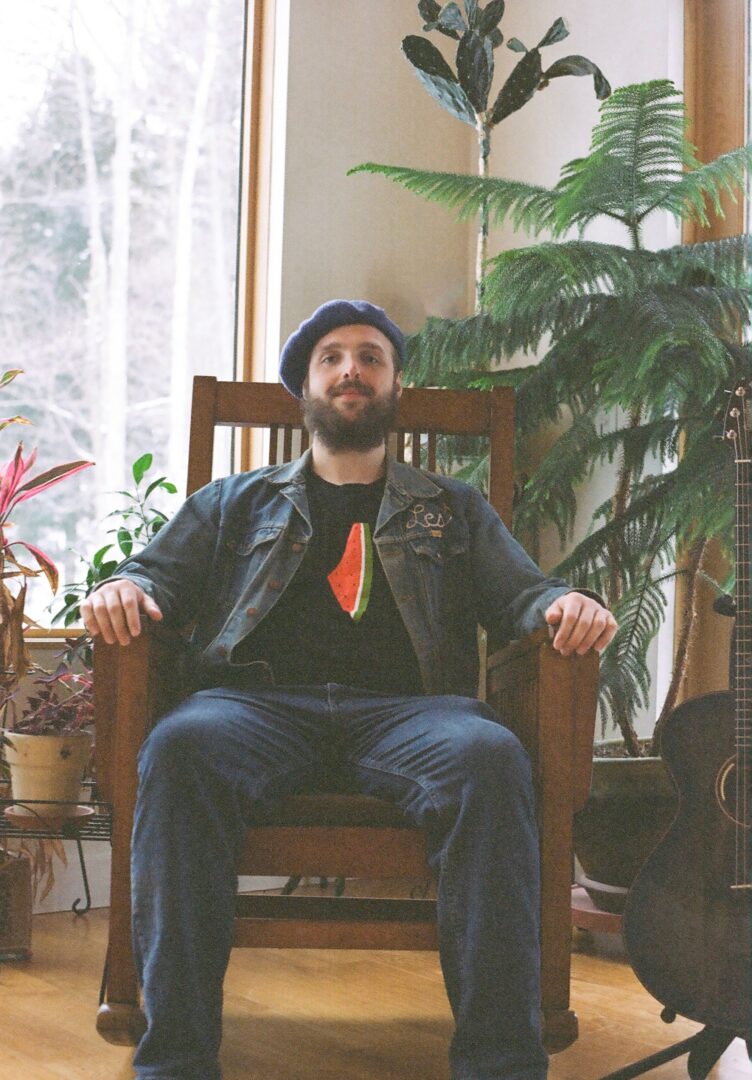
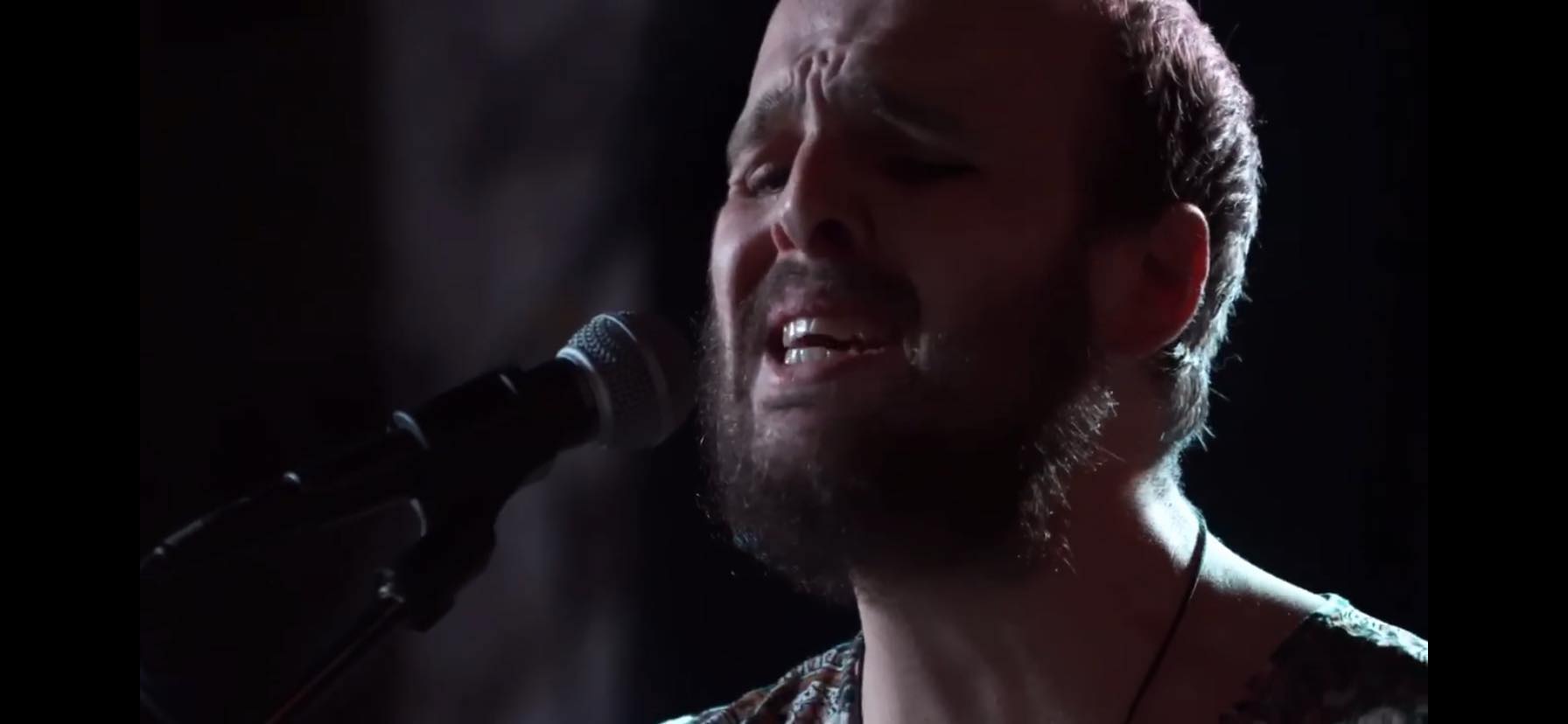
How can folks who want to work with you connect?
Primarily, I would like to find a booking agent to help with scheduling concerts for me. That is my least favorite facet of the music business and often the most time consuming, so finding help on that front would take a lot of stress off my mind and allow me more time to focus on and improve upon the other elements of my career. I could write more songs, progress on my instruments quicker, and finally give the necessary attention to the social media side of the business, which is one of the most crucial elements in the modern music industry. Any interested and experienced booking agents can reach me at [email protected], my Facebook music page “Noah Bauer”, or my Instagram account “noahthedroplet” to discuss further.
I would also like to form a band once I find compatible members. I hope to find people who mesh with my musical style, which is a blend of many genres (such as folk, jazz, rock, world music, Americana, bluegrass, and funk), as well as people who are open to and well-versed with heavy improvisation. Many of my songs have a progressive message, so it’d be awesome to find people who resonate with the kind of socio-political and environmental paradigms that I weave into my songs, and who to want to use our platform to try to inspire a more harmonious and utilitarian world (and call out the systems of oppression). Other unique songwriters in the band would be most welcome to maximize our musical offerings and diversify our sound. I also would need people who are committed to regular practices and gigs, open to touring, and willing to share some of the business responsibilities of the band. Any musicians who might be interested, feel free to reach out using the means listed above!
Lastly, I am interested in finding other bands and performers to collaborate and/or go on tours with. Pooling our musical styles and our audience draw can have great symbiotic boosts for each party and make for some fun times. I don’t have much renown to offer presently, though I’ve got adventurous songs and lots of passion to get a crowd warmed up. If you like my sound and want to combine forces, feel free to reach out!
Contact Info:
- Website: https://linktr.ee/noahbauer
- Instagram: https://www.instagram.com/noahthedroplet/
- Facebook: https://www.facebook.com/profile.php?id=100088050186850&mibextid=LQQJ4d
- Other: Spotify: https://open.spotify.com/album/0rY0LZpQ4JfN3XEsiGczBh?si=zPaXowVoSZGwBKNnB0ceBQ
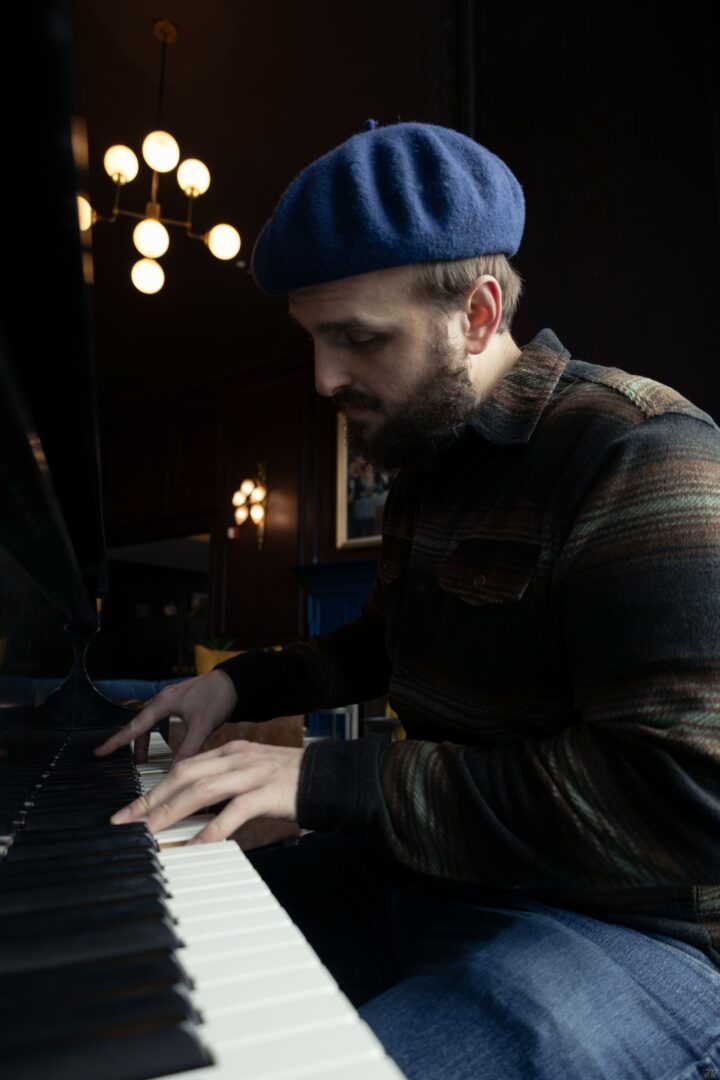
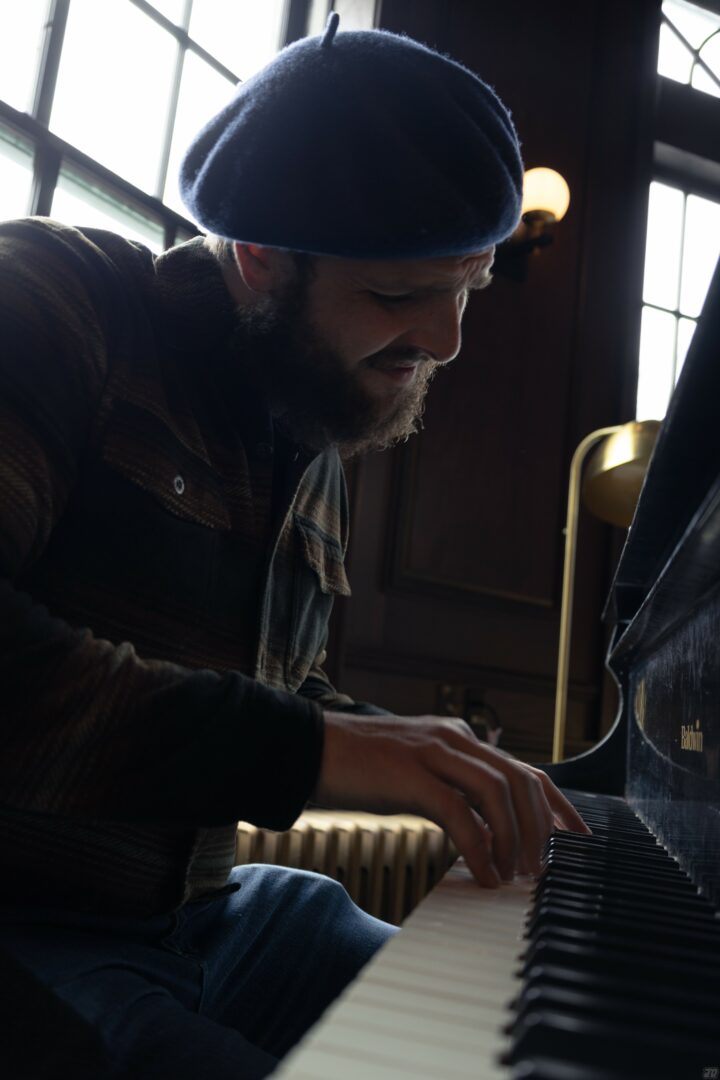
Image Credits
Bradley Blair and Jacob Darner
so if you or someone you know deserves recognition please let us know here.

